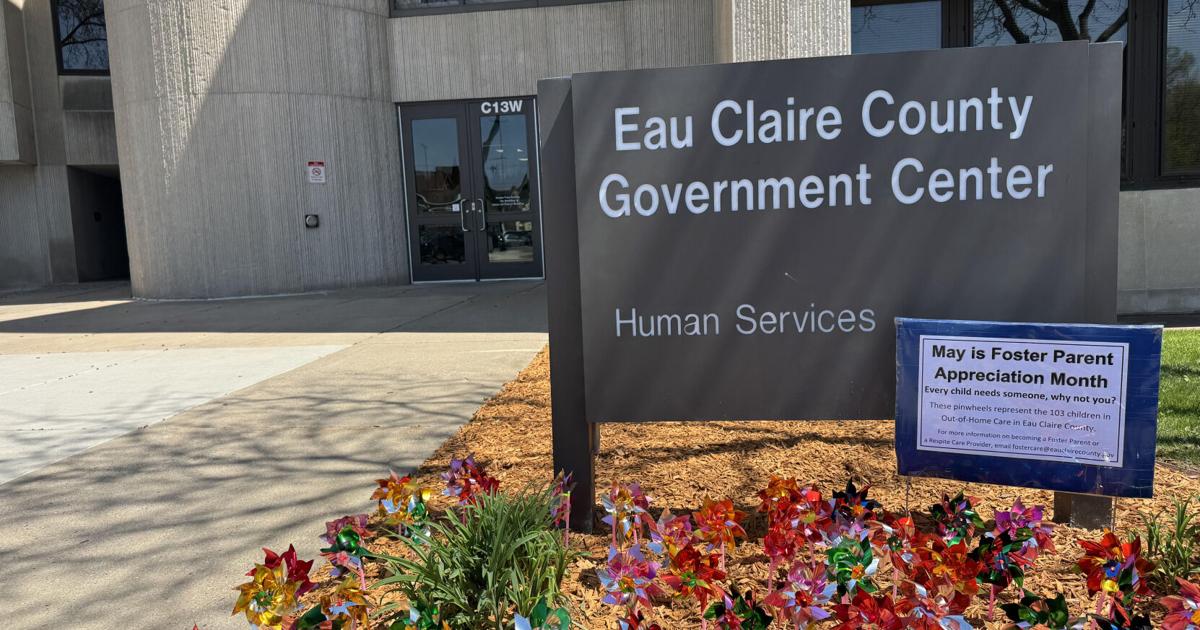Eau Claire County DHS Evaluates Pros and Cons Following Annual Report Release
May 6, 2025 | by magnews24.com


Eau Claire County Department of Human Services Releases 2024 Annual Report: Progress and Challenges Identified
EAU CLAIRE, WI – The Eau Claire County Department of Human Services (DHS) has published its annual report for 2024, detailing both the achievements and challenges faced by the department in delivering critical support services to residents. This comprehensive report is aimed at providing transparency about the agency’s operations, particularly in areas concerning behavioral health, economic assistance, and family services.
In 2024, the DHS served nearly 6,000 individuals facing behavioral health issues, offered economic support to over 28,000 residents, and provided services to approximately 3,300 families. These figures underscore the extensive role the department plays in supporting the community, particularly in times of increasing need.
A significant success highlighted in the report is the dramatic reduction in the waitlist for the county’s long-term support program, which assists individuals with chronic health conditions and genetic disorders. According to Angela Weideman, the DHS Director, the waitlist was reduced by an impressive 86% from December 2023 to December 2024. This rapid improvement saw the number of children on the waitlist drop from 145 to just 21. Weideman attributes this achievement to the hiring of twelve new staff members dedicated to addressing this critical area of need.
County Administrator Kathryn Schauf noted that these enhancements in service delivery result in healthier families who can contribute positively to the community. She emphasized, “It signifies that our families are not just receiving care but are also becoming healthier and able to participate more actively in society.”
Moreover, the report indicates a positive trend in juvenile detention outcomes. The recidivism rate for children who previously entered the juvenile detention center fell from 47% to 41%, marking a 12% reduction compared to the previous year. This decline suggests that the department’s efforts to rehabilitate youth and support families are yielding positive results.
Despite these accomplishments, the department faces ongoing challenges. Although fewer individuals are utilizing DHS services overall, those seeking assistance are presenting with increasingly complex issues. Schauf noted that the “acuity of care needed is rising,” meaning that clients often require more substantial interventions across multiple issues. This increased demand for services, coupled with the rising costs of care, is straining the department’s budget and resources.
Looking ahead, the DHS is committed to addressing areas requiring improvement, particularly in housing and data-driven decision-making processes. The full 2024 report is available online and can be accessed for a deeper insight into the ongoing initiatives and future objectives of the department.
For more comprehensive data, the full report can be read here.
RELATED POSTS
View all



